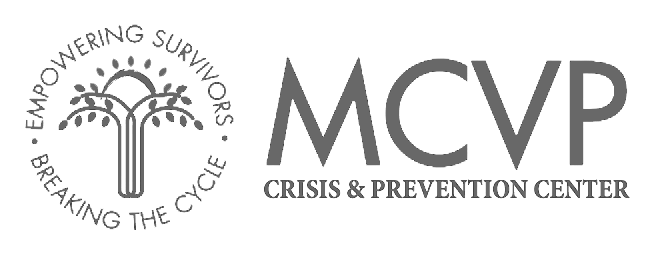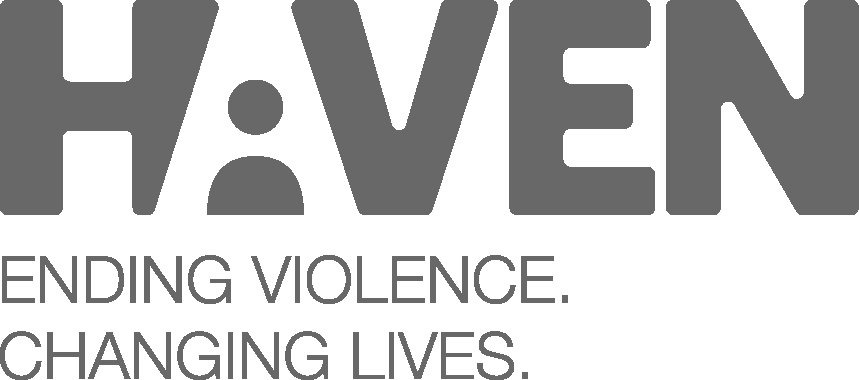GET HELP NOW
|
March 8, 2022
FOR IMMEDIATE RELEASE Media Contact: Amanda Grady Sexton (603) 548-9377, [email protected] The N.H. Supreme Court Domestic Violence Task Force was convened in December after a woman was shot outside her workplace by an ex-boyfriend, a month after a New Hampshire judge denied her request for a final protective order. The multidisciplinary group was charged with conducting a “systemic review of domestic violence in the New Hampshire court system,” according to an order establishing the Task Force. The Task Force’s report was released today after the group convened several meetings throughout January, including a public hearing. The charge of this Task Force was to improve outcomes for domestic violence victims seeking relief from the court system and we believe the following recommendations will help accomplish that:
Lyn Schollett, Executive Director of the New Hampshire Coalition Against Domestic and Sexual Violence, said, “In light of a tragic case where a domestic violence victim was shot a month after she courageously sought a final protective order, the court pulled together this multidisciplinary Task Force to review ways to improve the system. We were grateful for the opportunity to work with stakeholders to create a roadmap in this report for improved accountability and transparency in domestic violence cases, and we will continue to work to ensure these recommendations are implemented. It’s imperative that there are measures to identify when the court system exhibits biases against women and victims of crime and a process for responding to those cases, with the end goal of improving outcomes for survivors who interact with the system.” About the Coalition: NHCADSV is a statewide network of 12 independent member programs committed to ending sexual violence, domestic violence, and stalking, through direct services to victims, community education, and public policy advocacy. The NHCADSV and its 12 member programs do not discriminate based on gender, age, health status (including HIV-positive), physical, mental, or emotional ability, sexual orientation, gender identity/expression, socio-economic status, race, national origin, immigration status, or religious or political affiliation. For more information visit www.nhcadsv.org. |
recent newsArchives
June 2024
|
Our Supporting Partners
The 12 member programs of the New Hampshire Coalition Against Domestic and Sexual Violence provide services regardless of gender,age, health status (including HIV-positive), physical, mental or emotional ability, sexual orientation, gender identity/expression, socio-economic status, race, national origin, immigration status or religious or political affiliation.
Funding for this website was provided by The Corporate Fund.
New Hampshire Coalition Against Domestic and Sexual Violence
PO Box 353, Concord, NH 03302-0353
(603) 224-8893
New Hampshire Coalition Against Domestic and Sexual Violence
PO Box 353, Concord, NH 03302-0353
(603) 224-8893
NH web design by Harbour Light Strategic Marketing

 RSS Feed
RSS Feed












